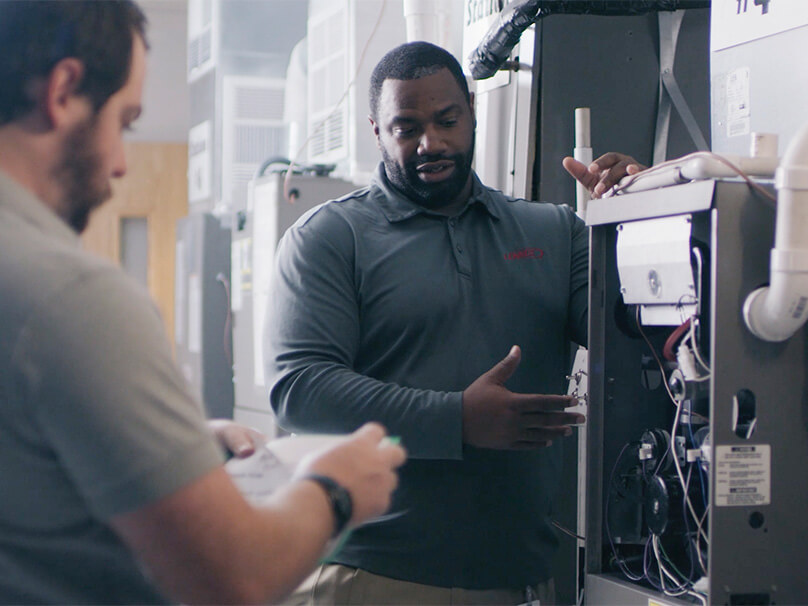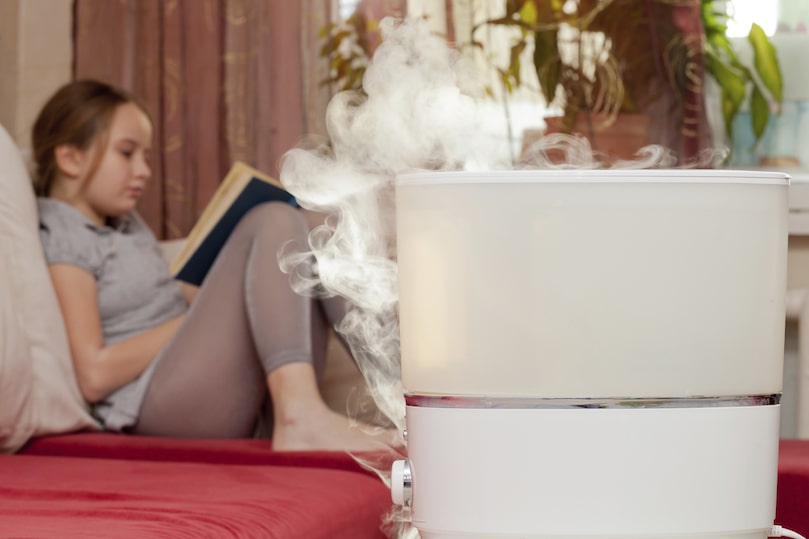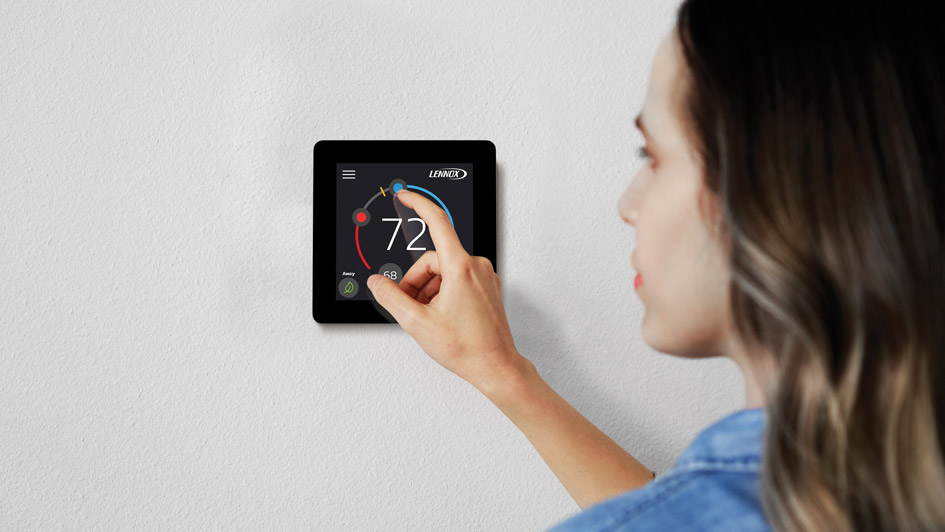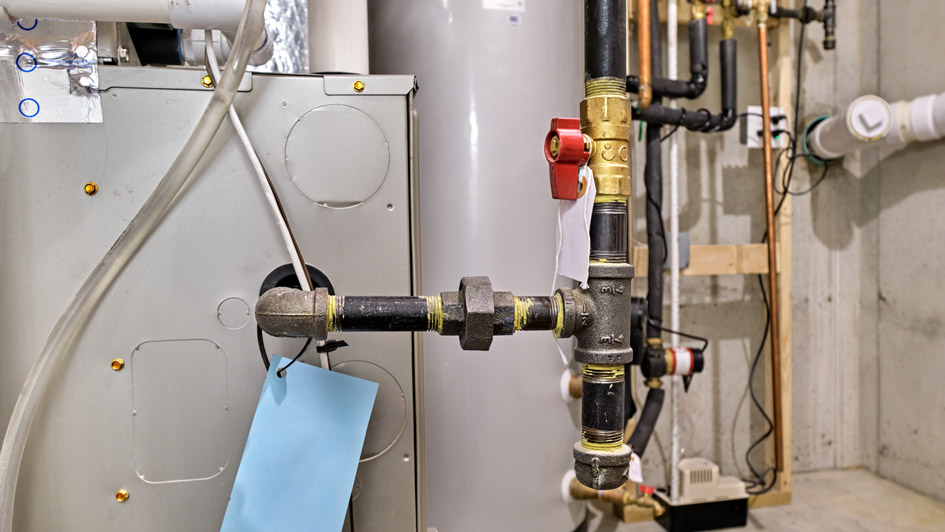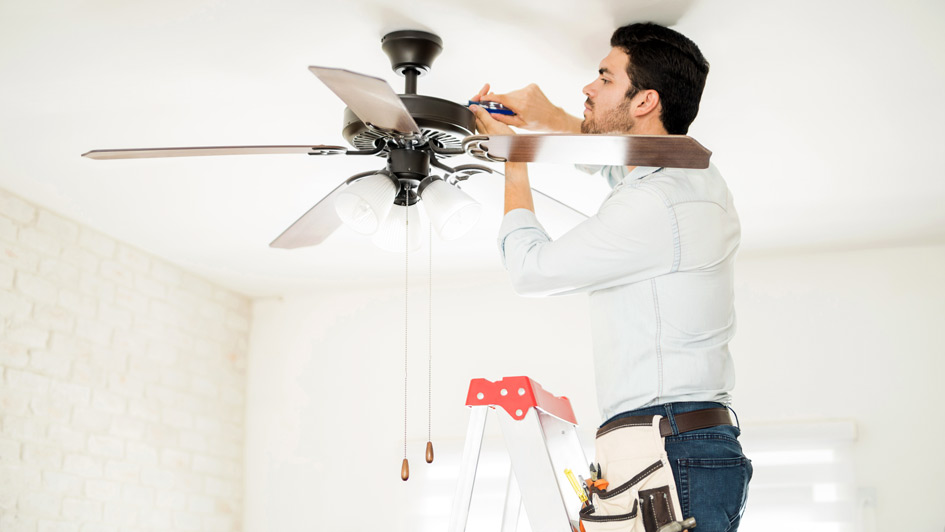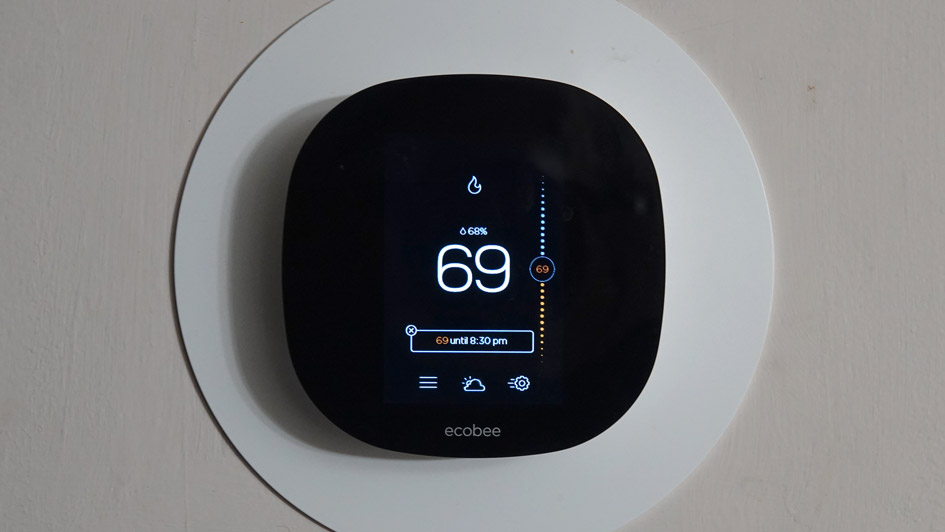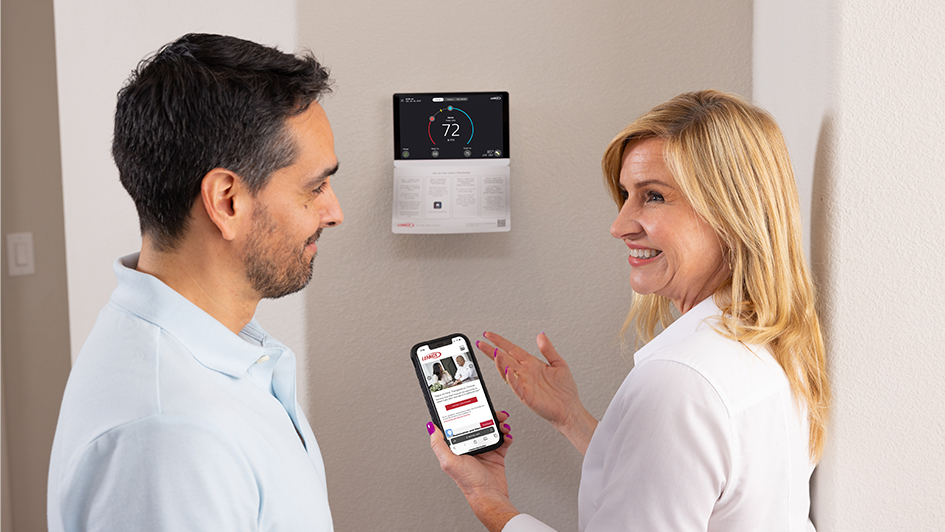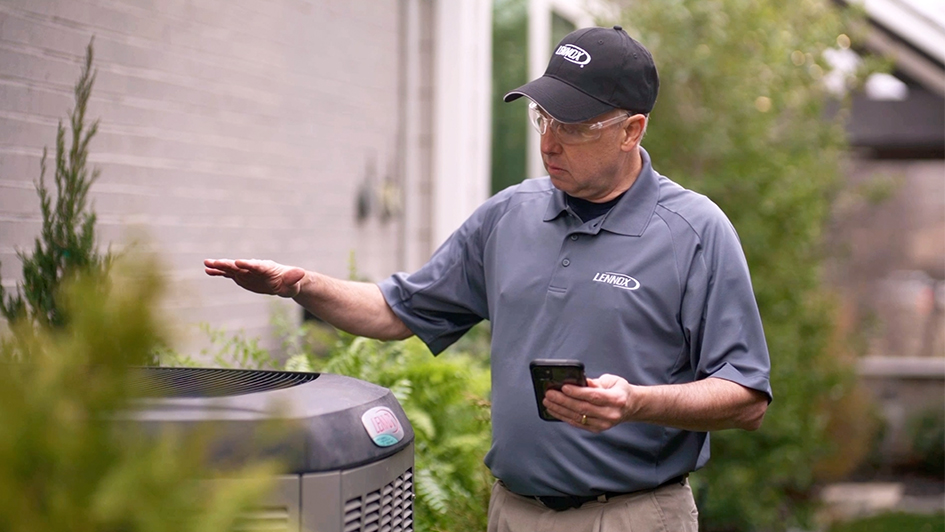Blog
Serving Manassas and These Areas
Air-Right Energy Design
12167 Livingston Rd.
Manassas, VA 20109-2778
Phone: 703-260-9467
Email: [email protected]
About Air-Right Energy Design
At Air-Right Energy Design, your home comfort is our biggest priority. That’s why we provide reliable HVAC solutions and outstanding work in Manassas. Our specialists are knowledgeable in a complete variety of services, so you can be confident in your results. They’ll offer the help you need, whether it’s adding an up-to-date HVAC system or servicing and tuning up your existing equipment. We’re available to provide support for all of your needs, so get in touch with us at 703-260-9467 or contact us online to get an appointment now.
© 2026 Air-Right Energy Design | All rights reserved


